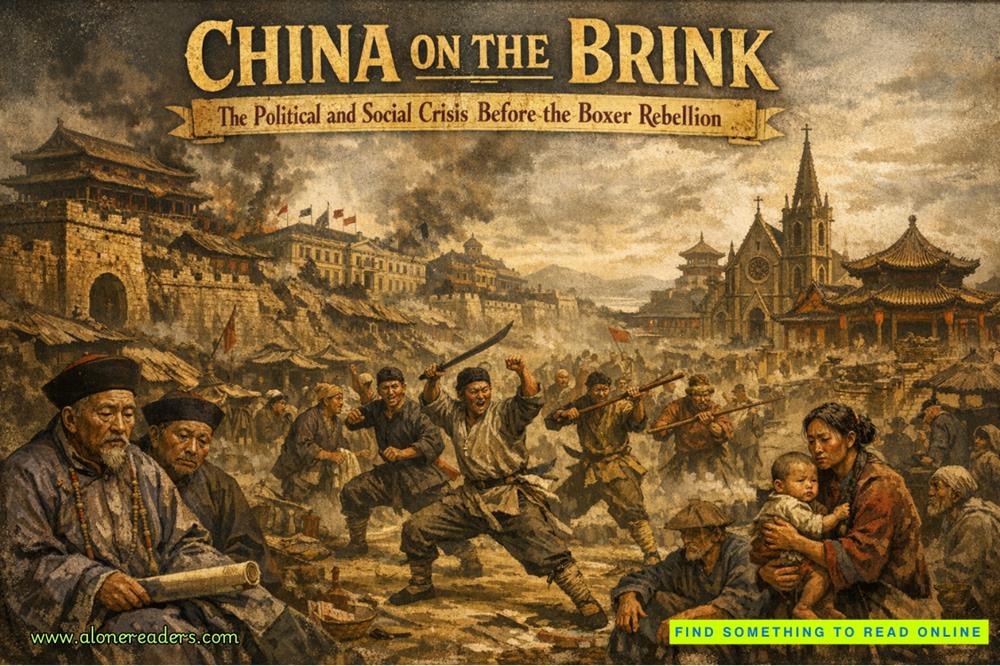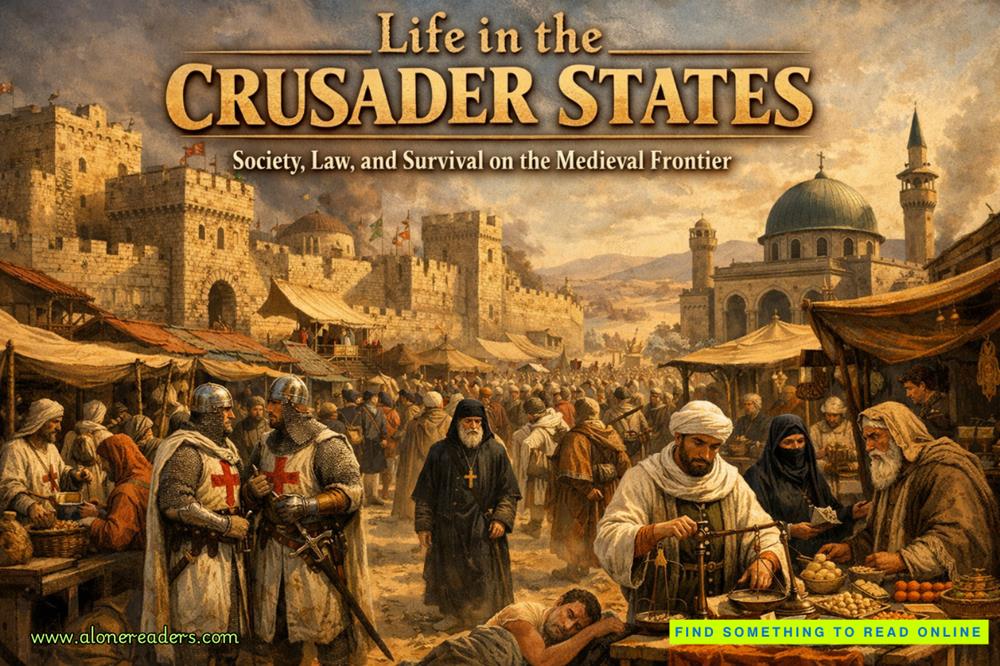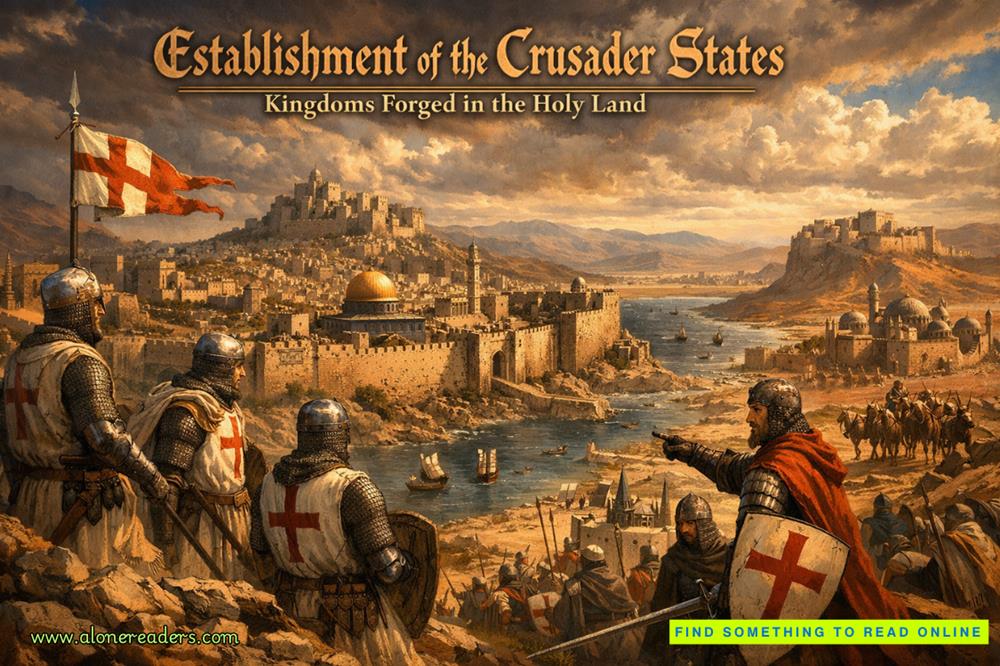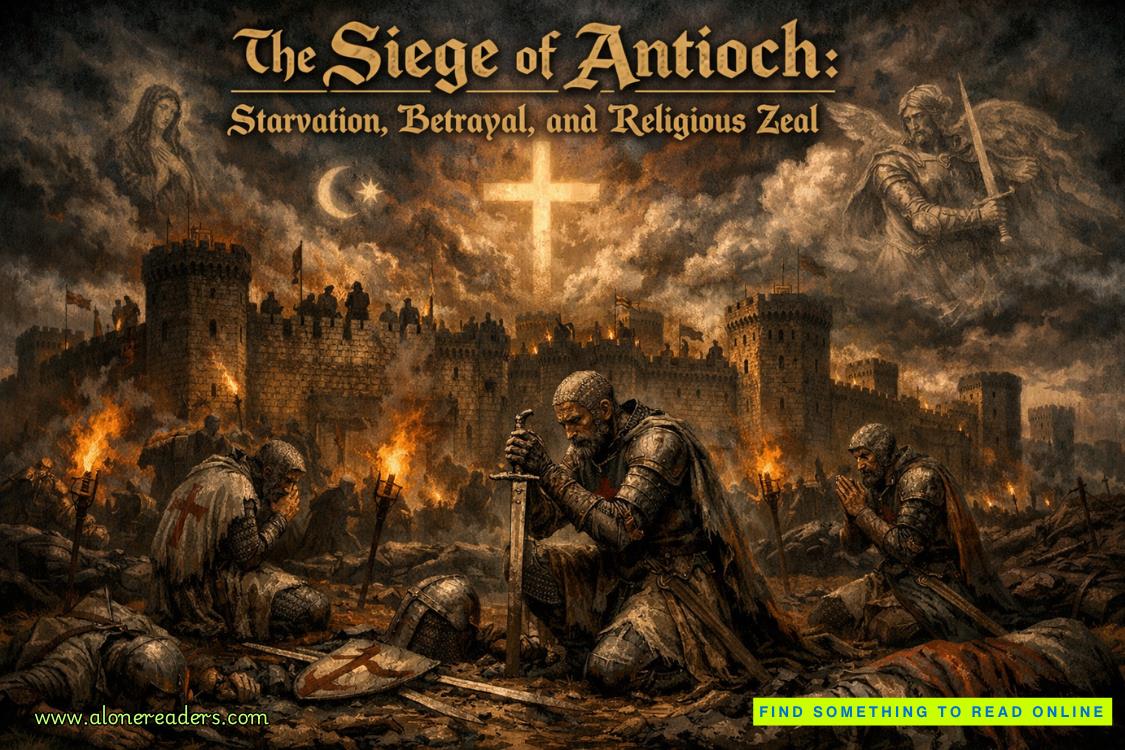“And you’ll put a hole in that clunker’s floor pressing a fake brake.”
“You could pick all the music,” she added.
Maggie rolled her eyes. “Beach Boys? No, thank you.”
“You could get an audiobook ofGone With The Windand listen to it the whole way.” She reached over. “I’d let you recite the parts you know by heart.”
Maggie almost smiled, but she had to stand firm. “Frankly, my dear…” She gave a smile. “I am still saying no.”
Jo Ellen huffed out a breath.
“Can’t you just see the headlines?” Maggie asked as she backed out. “‘Two seventy-eight-year-olds killed on I-95.’ And people think, ‘What were those two old bags doing behind the wheel on the interstate?’”
Jo looked at the house and her shoulders sank. “Oh, Betty. The world won’t be as bright without you.”
Maggie stared at the road ahead and remembered the last time she’d been on an interstate highway. One heart attack after another. She had too much to live for now—including a great-grandson.
“Come on, Mags.” Jo Ellen actually whined. “It would be so much fun. We’d be like Thelma and Louise.”
She gasped. “Have you seen that movie?”
“No, but the ads always looked like so much fun.”
She slid a withering look at her poor, deluded, always optimistic friend. “They die in the end.”
“Oh.” She shifted under her seatbelt. “I thought they just, you know, got friendly with a young Brad Pitt.”
Maggie snorted. “We can watch the movie together, Jo,” she said, trying to make her voice a little gentler to ease the disappointment. “But that’s the closest we’re going to get to a road trip.”
Jo Ellen turned and looked out the window, clearly sad about the decision. She didn’t even use her pretend brake when Maggie got too close to a truck.
Her silence was unfortunate, but Maggie was certain this was the safe and sane decision, and she wasn’t going to change her mind no matter how hard Jo tried.
And shewouldtry, so Maggie had to have resolve.
Jonah opened his eyes, deeply disoriented. Where was he? What time was it? Who had the baby?
Pushing up, he blinked in the dimly lit bedroom, then peered at the empty bassinet next to his bed.
There was a time, not so very long ago, when he didn’t know what a “bassinet” was, let alone had one in his room. But then, life changed.
With a grunt, he rolled over and patted the bed to find his phone and check the time. Eleven-fifteen? Crap. He needed to get up.
For the last few days—he’d seriously lost count of how many—the family had fallen into a rhythm. They slept while Jonah handled waking up in the middle of the night to feed and change his son.
Some nights—the rare, good ones—that was once at midnight, and again at five. After that, Aunt Vivien or his dad or Lacey—someloving soul—came down the next time they heard Atlas cry on the baby monitor some other loving soul had bought him.
Other nights—like last night—Atlas woke on the hour, purely miserable.
Did he miss his mother? Of course he did. And that had to hurt at a month old the same way it hurt at fifteen years old. Jonah understood that longing, that emptiness, that bone-deep misery.
And he hated for his sweet, helpless, utterly innocent son to feel it already. The only thing he hated more? Feeling responsible for Atlas’s pain.
No, he hadn’t been behind the wheel, but he should have gone to get the diapers. Why didn’t he?
Because he lived under a black cloud of death that was probably a ticking time bomb until the next person he loved and needed was met with tragedy.
Grabbing a T-shirt that yet another angel of mercy had washed, dried, folded, and left on the dresser for him, he stopped in the bathroom then marched upstairs to find Atlas and coffee.















